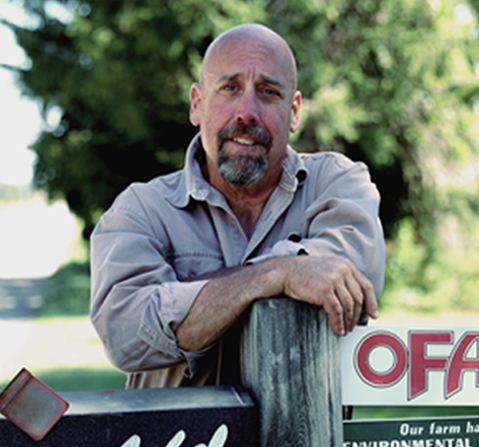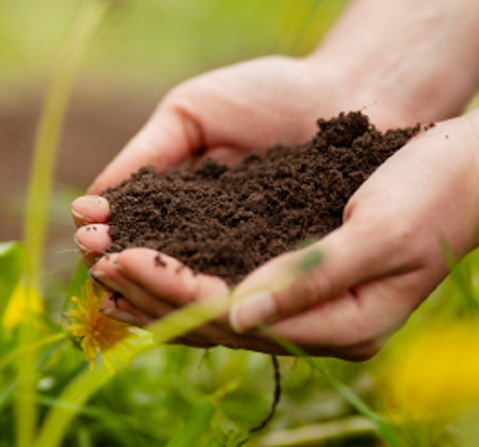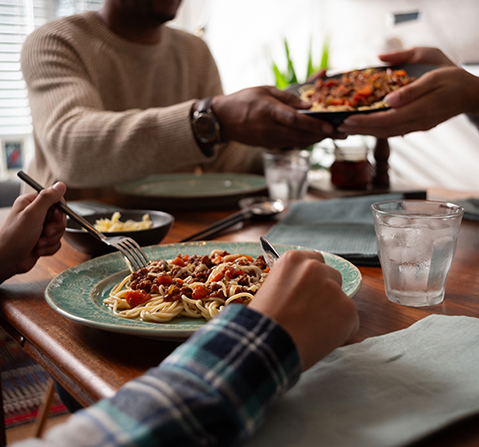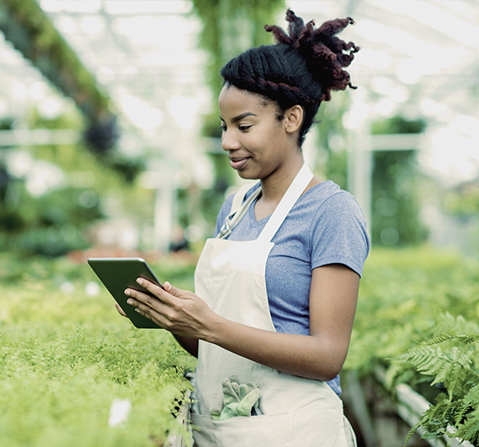Julie and David show the value of upcycling rejected fruits and veggies through their circular economy model
On any given day, truckloads of rejected fresh food end up being sent to the landfill. Is it possible to turn this around? While it was a bit of a bumpy road, Julie Poitras-Saulnier and David Coté, co-founders of LOOP Mission, managed to find a solution to save all these fruits and veggies from their trashy fate.
The push towards a passion
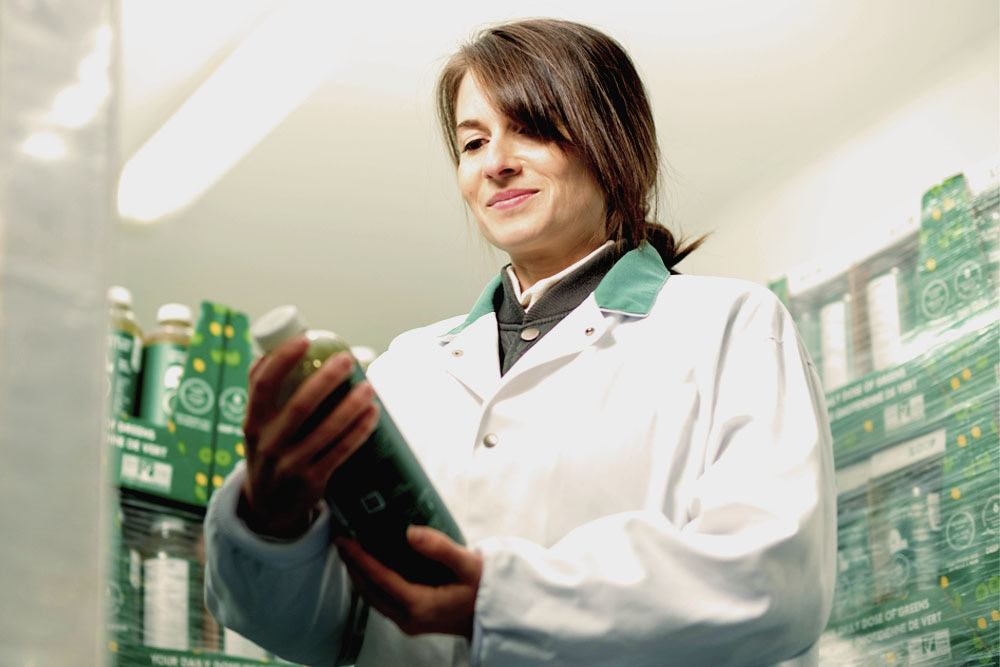
As a new graduate from a Master’s program in sustainable development with a focus on biodiversity management, Julie started working for food companies to help them reduce their impact on the environment and put in place eco-friendly practices. While passionate about her work, Julie felt limited in this role to truly make a difference.
The dream of starting a circular economy business was often on her mind. One day, she and her partner David received a call that would set her on the path to making this dream come true. One of Canada’s largest food distributors was looking for a solution to its food waste problem. Like many companies in the industry, they were sending up to 20 tons of consumable fruits and vegetables to the landfill every day because they either didn’t look good enough to sell or were near the end of their shelf life. “It is just a number until you see it with your own eyes: the loads and loads of nutritious and fresh produce,” says Julie.
Big decisions to make
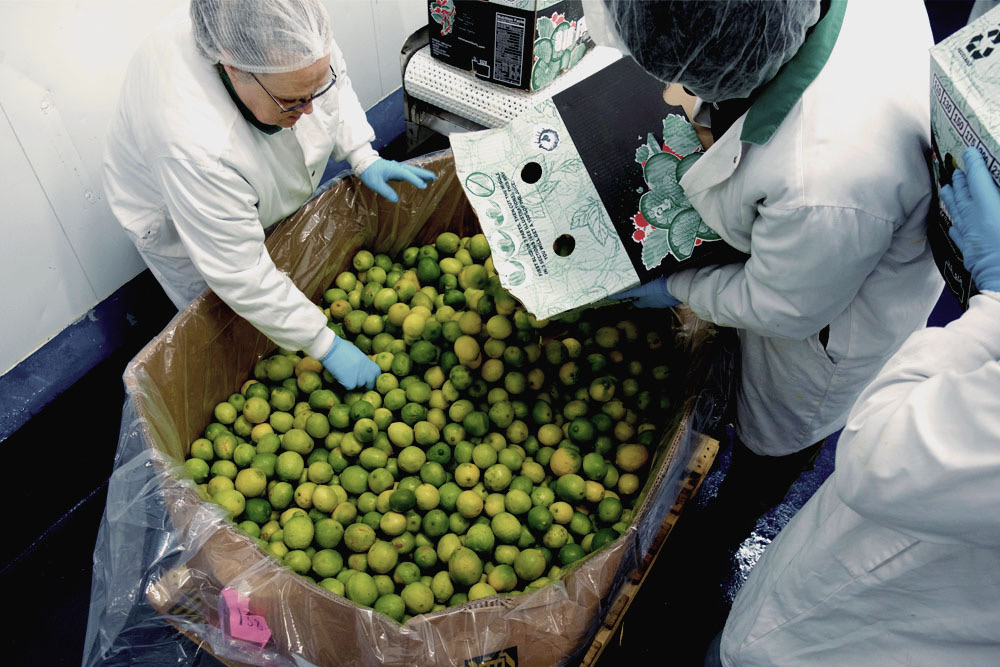
Stricken by what they had seen, Julie and David knew they had to find a way to repurpose these large quantities of fresh produce rejected by the industry yet still fit to eat. The answer? To transform them into nutritious and quality products such as juices and smoothies. Unlike traditional product companies that start with an idea for a product, Julie and David first looked at the ingredients they had on hand and then decided what to make with them. That’s how LOOP Mission was born.
The concept was simple but putting it in place came with its challenges. At first, they had planned to work with a subcontractor who would handle all the manufacturing. However, they hadn't thought of the complications related to handling rejected food: its qualities vary widely in terms of degrees of ripeness, shelf life and origins. They quickly realized that they had to make a choice: either build a plant of their own or abandon the project. As giving up was out of the question, they went ahead with building a manufacturing plant, giving them more flexibility to process the food before it went bad.
They also had to find ways to optimize their operations as the food they were receiving was often already packaged for retail and required a lot of manual labor: bananas had to be peeled, cucumbers stripped of their plastic wrapping and strawberries removed from their packaging. It was difficult to balance the costs of each stage of processing while remaining the most affordable in their category. But they did succeed: their products were flying off the shelves.
Word gets around
After gaining visibility in the media, LOOP Mission was constantly getting calls from food manufacturers, distributors, retailers, and even farmers seeking answers to their food waste problems. “That's when we realized that we were filling such a big gap in the industry and that there was no other solution: we needed to grow, and fast,” recounts Julie.
In response to the strong demand and their first plant reaching maximum capacity, Julie and David built a second plant to increase production and offer a broader range of food products for both consumers and other food processors to include as ingredients in their products. To date, LOOP Mission has a pretty impressive track record: they rescued over 35.3 million pounds (16 million kilograms) of fruits and vegetables and 1.6 million slices of bread, avoided 28.7 million pounds (13 million kilograms) of greenhouse gas emissions and saved close to 980 million liters of water.
LOOP Mission also seeks to limit their impact on the environment by recycling all the packaging from the food they receive, creating recyclable packaging for their products, and reducing their carbon food print. Through her experiences, Julie has learned that she, alone, cannot solve the problem of food waste. A strong advocate for reducing food waste, she encourages other companies to join in the effort. Her dream? Becoming a global leader in the food industry's circular economy and creating “baby LOOPs” all over the world.
LOOP Mission is one of the grand prize winners of the Business Models Streams for the Food Waste Reduction Challenge.
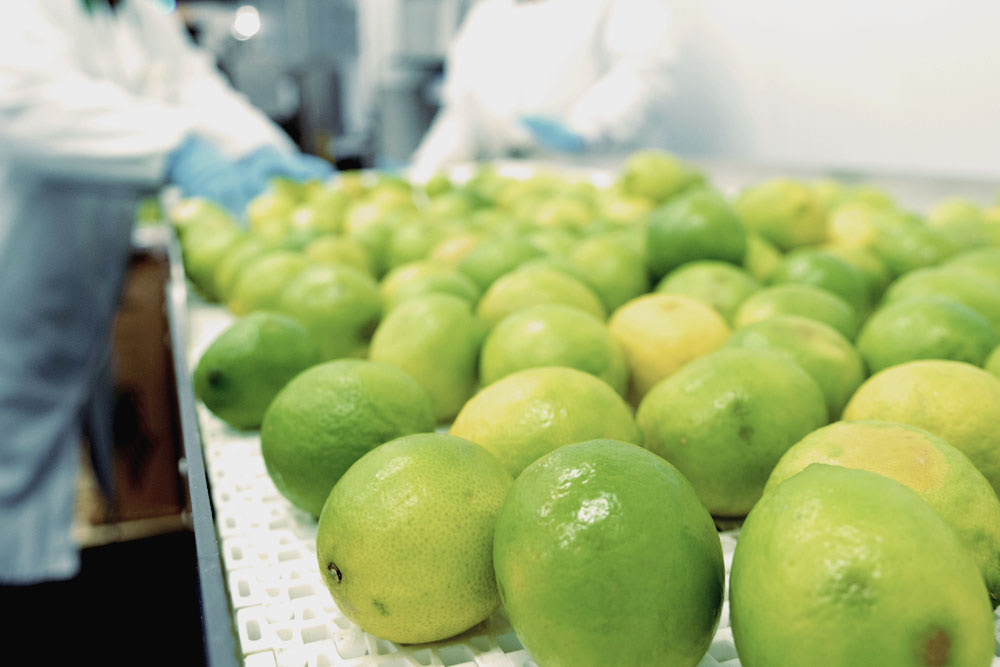
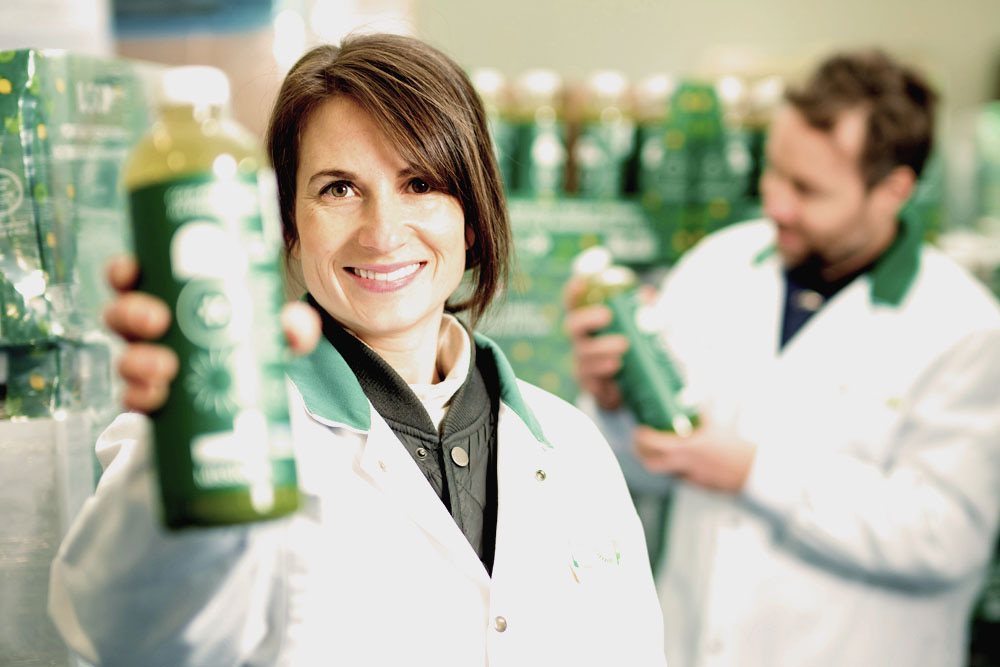
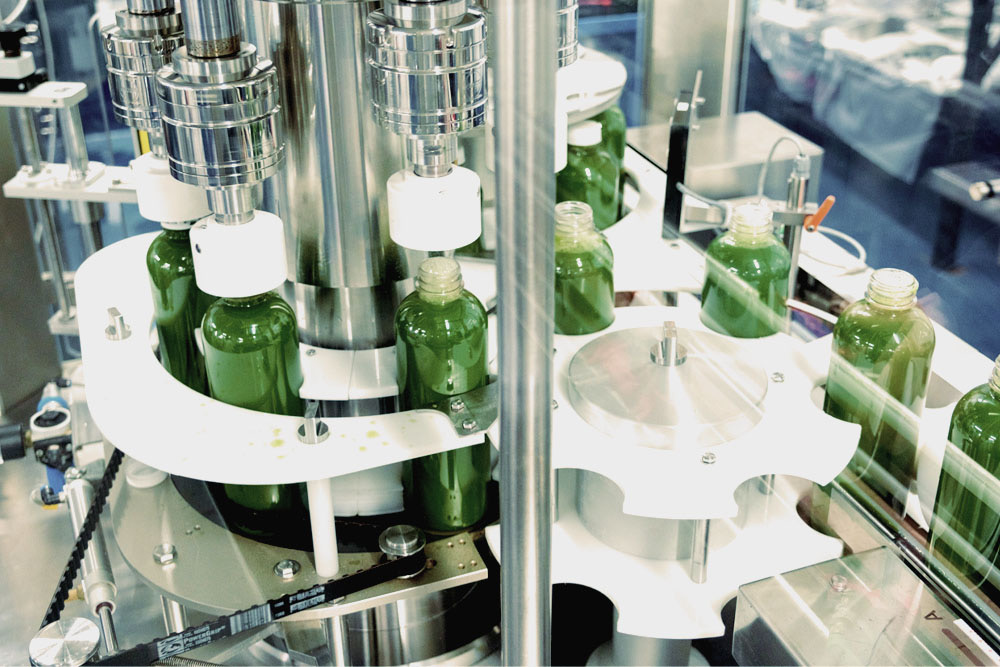

What is a circular economy?
A circular economy is a way of doing business where nothing is wasted. It retains and recovers as much value as possible from resources by reusing, repairing, refurbishing, remanufacturing, repurposing, or recycling products and materials.
